Top 5 Unreleased Crypto Tokens That Could Skyrocket 100x in the Next Bull Run — Don’t Miss the Oppor
1. Celestia
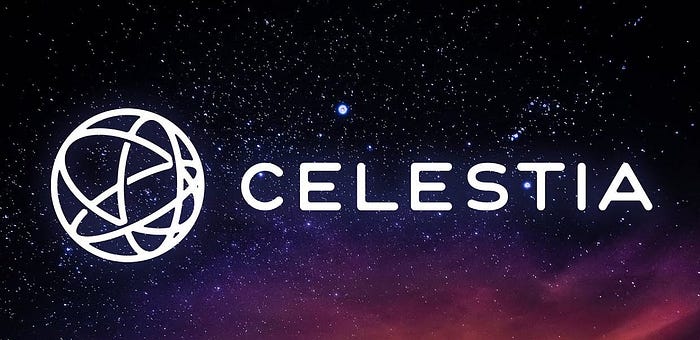 Celestia is positioned as “the initial modular blockchain network, designed to facilitate the easy deployment of blockchains with minimal complexity.” It operates as a basic blockchain that arranges and releases transactions but does not execute them. By segregating consensus from execution, Celestia aims to simplify the deployment of blockchains for anyone without the need to create a new consensus network from scratch.
Celestia is positioned as “the initial modular blockchain network, designed to facilitate the easy deployment of blockchains with minimal complexity.” It operates as a basic blockchain that arranges and releases transactions but does not execute them. By segregating consensus from execution, Celestia aims to simplify the deployment of blockchains for anyone without the need to create a new consensus network from scratch.
Celestia Labs has secured $55 million in funding from investors such as Binance, Bain Capital Crypto, and Polychain Capital. While not officially confirmed, the team is likely to conduct an airdrop of tokens soon. To qualify, individuals would need to understand how to set up and operate a node on the Celestia network.
2. Fuel ($FUEL)
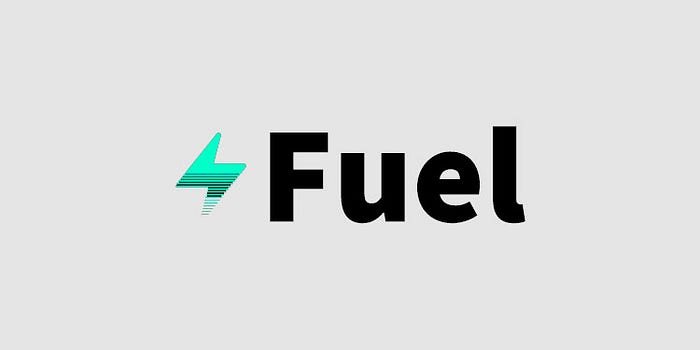 Fuel network, developed by Fuel Labs, describes itself as the fastest execution layer for modular blockchains.
Fuel network, developed by Fuel Labs, describes itself as the fastest execution layer for modular blockchains.
Fuel tackles Ethereum scalability issues with a concept known as modularity. This approach separates the execution layer from the data availability and consensus layer.
Fuel aims to offer the highest security and flexible throughput on Ethereum. To achieve this, it utilizes Parallel Transaction Execution, Fuel Virtual Machine (FuelVM), and the Sway programming language.
Fuel Network has raised $81 million from Blockchain Capital, Stratos Technologies, Coin Fund, and other firms. While the team has not yet confirmed the release of a token, it’s likely to conduct an airdrop before the launch of its mainnet.
Fuel is currently in the Beta 3 testnet phase. To participate in the testnet, you need to install the Fuel wallet and request some test ETH from the faucet. This allows you to explore various dApps from Fuel’s diverse ecosystem.
3. Shardeum
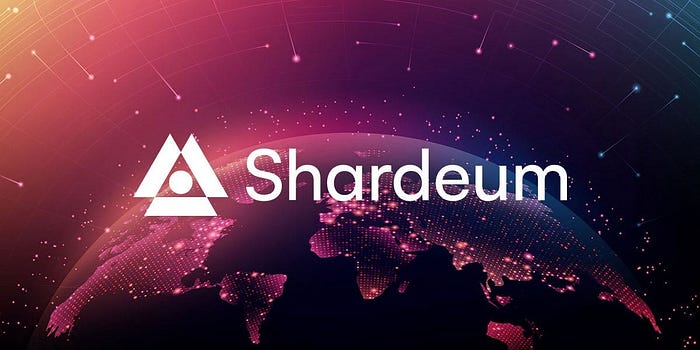 Shardeum is a scalable L1 blockchain network that enhances transactions per second by increasing the number of nodes.
Shardeum is a scalable L1 blockchain network that enhances transactions per second by increasing the number of nodes.
It employs sharding technology to divide the blockchain network into smaller networks known as Shards. This fragmentation distributes the computational workload to individual Shards, making the network faster, more scalable, and energy-efficient.
Shardeum’s native utility token, SHM, has been confirmed. It will have a maximum supply of 508 million, with the Token Generation Event (TGE) expected in Q3/Q4 of 2023.
SHM will be utilized for paying gas fees, executing transfers, rewarding miners, and other activities.
The team has secured over $18 million from the Spartan Group and other venture capitalists.
4. zkSync ($ZKS)
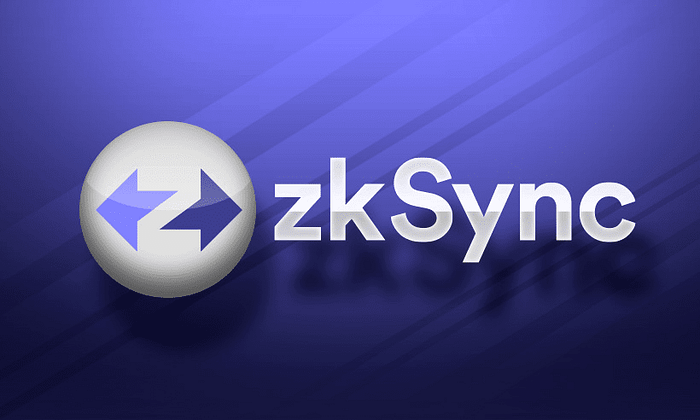 zkSync is a Layer 2 protocol that enables unlimited scaling for Ethereum through the use of zero-knowledge rollups. Its goal is to support general-purpose applications without the expensive gas fees and performance limitations.
zkSync is a Layer 2 protocol that enables unlimited scaling for Ethereum through the use of zero-knowledge rollups. Its goal is to support general-purpose applications without the expensive gas fees and performance limitations.
ZK-rollups consolidate transactions into batches and process them off-chain. They only store the essential data on-chain, resulting in a faster and more cost-effective process.
Addressing Ethereum’s inherent scaling challenges is crucial, and ZK-rollups are considered one of the most promising technologies to address this issue.
zkSync has secured $458 million in funding from Blockchain Capital, DragonFly Capital, a15z, and various other funds.
Once zkSync achieves full decentralization, the blockchain will introduce a native token as a reward mechanism for rollup operators and staking.
Similar to LayerZero, the zkSync Airdrop is anticipated to be one of the largest in crypto history.
5. LayerZero ($ZRO)
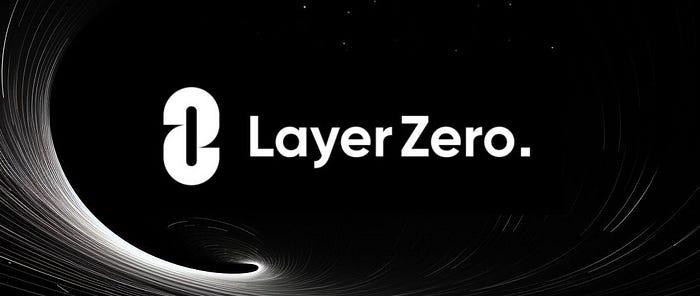 LayerZero is an interoperability protocol, referred to as an omnichannel, designed to connect different blockchains.
LayerZero is an interoperability protocol, referred to as an omnichannel, designed to connect different blockchains.
Transferring crypto funds between different networks can be cumbersome, and using bridges to transfer assets requires a separate interface for each pair of chains.
LayerZero aims to establish a foundational interoperability layer for the entire blockchain ecosystem, offering a true omnichannel solution.
By utilizing an Oracle and a Relayer, LayerZero enables easy asset transfers across multiple chains, surpassing the effectiveness of a bridge. Additionally, it offers improved security and cost efficiency.
Several prominent projects, including SushiSwap, PancakeSwap, Uniswap, Trader Joe, Radiant Capital, and Hashflow, have already integrated LayerZero as their blockchain interoperability solution.
The LayerZero team has raised $263 million from leading VC funds, including Sequoia Capital, a16z, Binance Labs, Coinbase, Tiger Global, Polygon, and others.
The $ZRO token is referenced in LayerZero’s code, indicating that the token will eventually be launched. While the team has not confirmed an airdrop, the LayerZero airdrop is highly anticipated in the crypto community and is expected to be substantial.

































![[ℕ𝕖𝕧𝕖𝕣] 𝕊𝕖𝕝𝕝 𝕐𝕠𝕦𝕣 𝔹𝕚𝕥𝕔𝕠𝕚𝕟 - How To get Rich Quick In Crypto! (1)](https://cdn.bulbapp.io/frontend/images/ae260165-52b4-47cf-a20a-ebeaf50fdb08/1)










